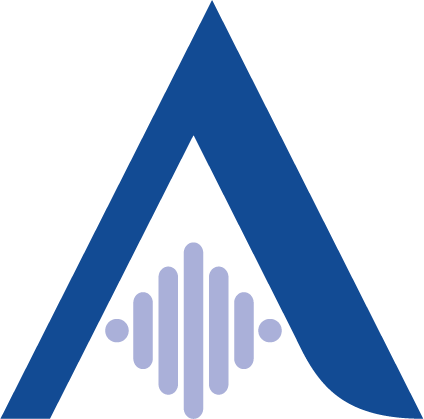Home / News / “Teaching Digital Technology in...
“Teaching Digital Technology in Companies: Almaviva’s Challenge”: the Group’s Chief Human Resources Officer in an Interview with Il Riformista
“Teaching Digital Technology in Companies: Almaviva’s Challenge”: the Group’s Chief Human Resources Officer in an Interview with Il Riformista

08-11-2022
“The world of Information Technology is based on digital skills. There’s no job that doesn’t require these skills. In Italy we have a very hard time finding them.” In an interview with Il Riformista, Marina Irace talks about digital mismatch, gender equality, talent, and employment, in which passion is the true driving force and makes all the difference.
“The field of information technology is constantly evolving,” warns Irace, with Almaviva (the globally operated Italian group led by Marco Tripi) since 2000, and Chief Human Resources Officer since 2012. Almaviva’s commitment to training is very important because “digital technology changes the paradigm of both space and time. The approach itself is evolving. It’s not just a question of transferring knowledge, but of cultural change. The new generations speak a different and original language,” Irace continues.
“Technological ability determines a company’s positive trajectory in the competitive European market.” “Businesses must also do their part by investing in collaborations with universities and schools. In order to truly evolve, we need to get involved as early as elementary school.”
Furthermore, within the effort to research and develop digital skills, we must also acknowledge the challenge of overcoming the gender gap. “Only one in three Stem graduates is a woman, and there are even less among computer scientists: only one in six,” says Marina Irace. “Classical high school, where there are more female students, should also include the study of digital skills. We do enough of our own training to attest to the fact that women are capable of performing technical jobs.”
There have been a total of about 1,000 new hires in 2022. Almaviva offers these new employees several continuous training options with the Continuous Academy. Here the training is basically divided into two categories: digital training, which touches upon everything, and ‘domain’ training, which is mainly focused on specific industry characteristics (e.g., health care or transportation).


